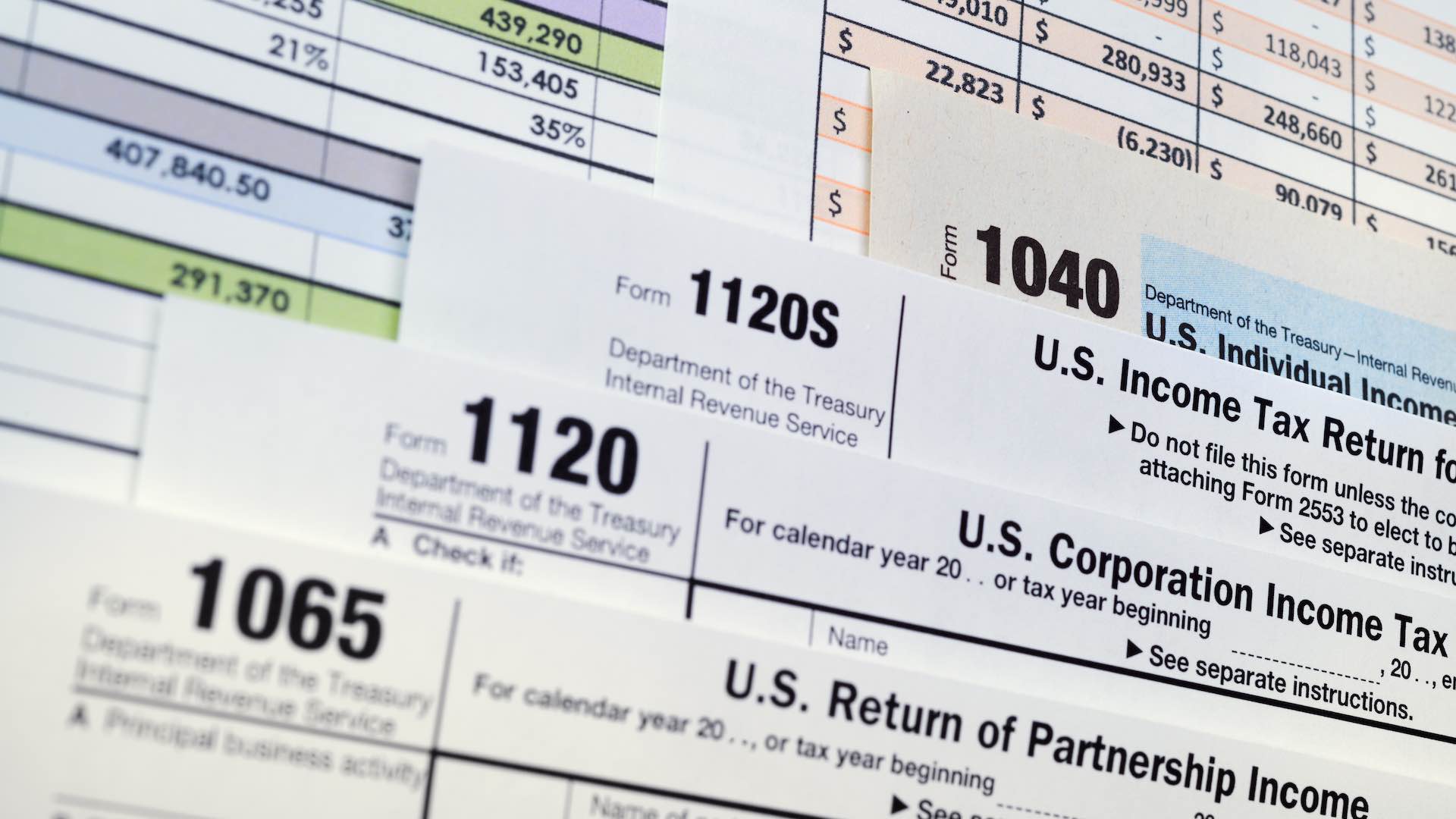A 1031 exchange is a tax-deferred exchange that allows real estate investors to defer the payment of capital gains taxes when they sell their investment property and use the proceeds to purchase another investment property of equal or greater value. This exchange is named after Section 1031 of the Internal Revenue Code (IRC) and is also commonly known as a like-kind exchange. In this paper, we will explore the basics of a 1031 exchange, how it works, and the benefits it provides to commercial real estate investors.
How a 1031 Exchange Works
In a 1031 exchange, the investor sells their investment property and then uses the proceeds to purchase another investment property. The key to the exchange is that the investor must identify a replacement property within 45 days of selling their initial property and must close on the purchase of the replacement property within 180 days of the initial sale. By following these rules, the investor can defer the payment of capital gains taxes on the sale of their initial property.
To fully take advantage of a 1031 exchange, the investor must purchase a replacement property of equal or greater value than the initial property. Any cash or other proceeds that are not used to purchase the replacement property will be subject to capital gains taxes. In addition, the investor must use a qualified intermediary (QI) to handle the sale and purchase of the properties.
Benefits of a 1031 Exchange for Commercial Real Estate Investors
The primary benefit of a 1031 exchange for commercial real estate investors is the ability to defer the payment of capital gains taxes. Capital gains taxes can be substantial, especially if an investor has owned the property for a long time and has experienced significant appreciation in value. By deferring these taxes, the investor can use the money that would have been paid in taxes to reinvest in another property, potentially increasing their overall return on investment.
In addition to the tax benefits, a 1031 exchange can also provide investors with the opportunity to upgrade their investment portfolio. For example, an investor may have a property that is generating lower returns than they would like. By selling that property and using the proceeds to purchase a higher-performing property, they can increase their overall cash flow and return on investment.
Finally, a 1031 exchange can be a useful tool for estate planning. When an investor passes away, their heirs receive a stepped-up basis in the property, meaning that they will only pay capital gains taxes on any appreciation that occurs after the date of the investor’s death. By using a 1031 exchange, the investor can defer the payment of capital gains taxes while they are alive and then transfer the property to their heirs with a stepped-up basis, potentially reducing the overall tax burden for their estate.
Conclusion
A 1031 exchange is a powerful tool for commercial real estate investors that allows them to defer the payment of capital gains taxes when they sell one investment property and purchase another. By following the rules of the exchange, investors can defer these taxes and potentially increase their overall return on investment. In addition, a 1031 exchange can provide investors with the opportunity to upgrade their investment portfolio and can be a useful tool for estate planning. If you are a commercial real estate investor, a 1031 exchange is definitely worth considering as part of your investment strategy.


